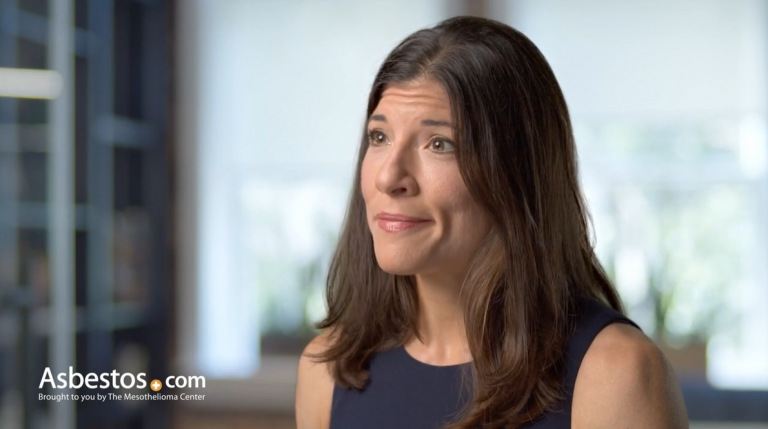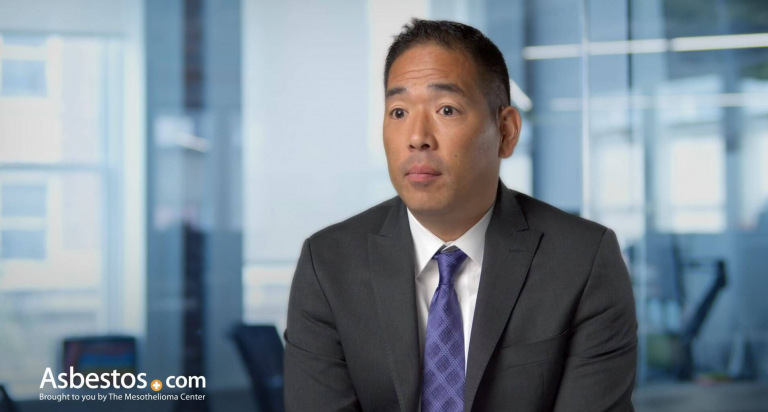
Mesothelioma Gene Therapy
Gene therapy involves altering the body’s cells to fight diseases. Mesothelioma gene therapy is being used as a treatment option for patients diagnosed with malignant mesothelioma. Gene therapy for mesothelioma is experimental, but clinical trials hold great potential for future breakthroughs.
What Is Mesothelioma Gene Therapy?
All types of cancer cells appear to have at least one essential thing in common: They have faulty genes. At the center of every cell in our bodies, there is a nucleus containing thousands of genes made of DNA. Genes are coded instructions for making proteins, the molecules that control how cells work.
Gene Therapy Facts
- Broad category including several experimental treatment approaches
- Involves genetically modifying cancer cells, viruses or immune cells
- Bears risk of severe side effects and complications
- Available to mesothelioma patients through clinical trials
A cell with healthy DNA will perform its function in the body, create new cells as needed and destroy itself when it is damaged beyond repair. However, when a carcinogen such as asbestos damages the DNA in a cell, it may cause the cell to grow and divide out of control, leading to cancer.
Many researchers believe that just as faulty genes are the key to cancer formation, modified genes may be the key to cancer treatment. Mesothelioma researchers are hopeful that gene therapy will bring us closer to a cure for mesothelioma.
“Gene therapy” is a broad category that refers to several emerging treatment approaches. They involve the novel science of genetic modification. It wasn’t until recently in 2017 that the U.S. Food and Drug Administration (FDA) approved a gene-therapy-based cancer treatment for the first time.
Most gene therapies for mesothelioma have shown limited effectiveness. Or they caused severe side effects and risks of complications. For this reason, all types of gene therapy for mesothelioma are experimental. They are only available through clinical trials.
Access top doctors, and get help scheduling appointments.
Connect NowDr. Jacques Fontaine, Pleural Mesothelioma Specialist

Inserting Tumor-Suppressing Genes
The most obvious gene therapy approach is to fix the genetic fault that causes cells to become cancerous in the first place. To perform this medical feat, however, scientists have to overcome two major challenges.
First, researchers have not been able to pinpoint a specific gene that can stop the progression of mesothelioma in most patients. The likeliest candidates are natural “tumor-suppressing genes.” They prevent genetic mutations or ensure mutant cells self-destruct before they grow into tumors.
The p53 gene, the BAP1 gene and microRNA gene 16 have all been studied as genes that may be able to stop the progression of mesothelioma.
Second, inserting these tumor-suppressing genes requires a microscopic delivery vehicle. Called vectors, they can penetrate deep into a tumor. Genetically modified viruses and nanoparticles are both in development as gene therapy vectors.
Chemotherapy Guided by ‘Suicide Genes’
Vectors could also insert artificial “suicide genes” into cancer cells.
Researchers want to develop a vector that infects all the cells in a tumor while leaving the rest of the body’s cells alone. It would enable a special form of targeted chemotherapy called suicide gene therapy.
The suicide gene causes cancer cells to produce an enzyme. It converts an otherwise harmless drug into a lethal toxin, so the drug kills cancer cells while leaving healthy cells unharmed.
Engineering Viruses to Target Cancer Cells
Rather than trying to alter cellular DNA, some researchers instead focus on modifying deadly viruses to only kill cancer cells. This approach, known as virotherapy, was discovered by accident when doctors noticed many cancer patients who contract measles experience tumor regressions. Since then, scientists have been developing modified versions of the measles virus as an experimental treatment for several types of cancer, including mesothelioma.
In a 2016 trial, researchers injected a special strain of the measles vaccine directly into mesothelioma tumors. It works through viral infection as well as provoking a natural immune system response against the cancer.
Immunotherapy with Genetically Modified T-Cells
The most exciting recent development lies at the intersection of gene therapy and immunotherapy. The first gene therapy for cancer approved by the FDA is known by the brand name Kymriah and is generically referred to as CAR T-cell therapy. Kymriah’s makers call it a “living drug,” because it is produced by extracting the patient’s own immune cells and reprogramming them to target cancer.
In 2021, researchers concluded that anti-mesothelin CAR T-cells are effective. Future research will combine it with checkpoint inhibitors or other therapy. Scientists are hopeful that this new therapy will improve mesothelioma prognosis.
CAR T-cell therapy is a targeted cancer treatment. But it also has significant limitations. Kymriah is FDA-approved only for leukemia, it is extremely expensive, and it comes with the risk of severe side effects. This technology has the potential to improve outcomes for mesothelioma patients in the future.
Recommended Reading




